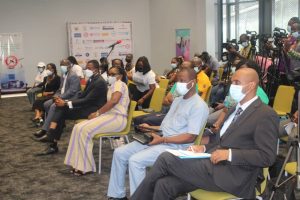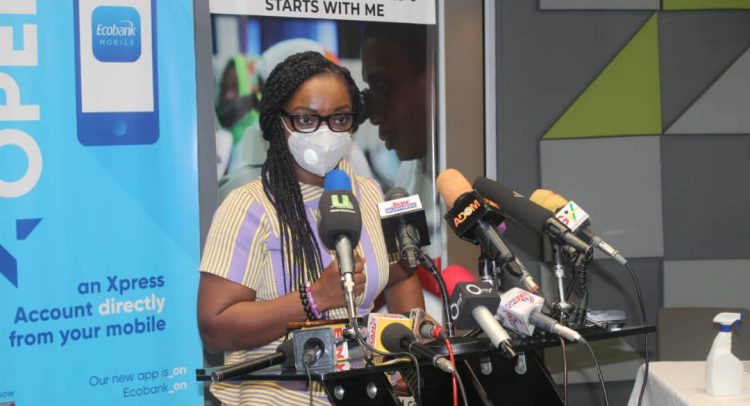The National Malaria Control Programme (NMCP) has indicated plans are in place to help reduce malaria mortalities by 90 per cent by 2025, using 2019 as the baseline.
The NMCP noted that its recently revised strategic plan for 2021-2025 also seeks to reduce malaria case incidence by 50 per cent and achieve pre-malaria elimination in at least six districts by 2025.
The plan envisages the development of a multi-pronged multi-sectoral strategy which includes active public-private education and creation of awareness on public health issues including the use of ITNs, testing before treatment, compliance and adherence to the treatment of malaria as well as environmental management.
NMCP Programme Manager, Dr. Kezia Malm who disclosed this at the 2021 World Malaria Day media engagement said, so far, the country has been able to achieve its target of 75 per cent reduction in malaria mortality by 2020 using 2012 as baseline.

“Malaria related deaths, all ages, reduced from 2,799 in 2012 to 308 in 2020 representing 89 percentage reduction,” she said.
She further indicated that under five malaria case fatality rate also reduced from 0.6 per cent to 0.12 per cent in 2020 as well as malaria related admissions (all ages) also reduced from 428,000 in 2012 to 308,887 in 2020.
Dr. Malm said testing for malaria cases increased from 38 per cent in 2012 to 95 per cent in 2020, showing a 152-percentage increase.
“In terms of malaria cases, there has not been any improvements so we are on track with respect to mortality however, we are not on track with morbidity,” she stated.
She therefore observed that interventions such as the distribution of insecticide treated nets, indoor residual spraying, larval source management, malaria vaccine, intermittent preventive treatment, seasonal malaria chemoprevention and case management, diagnosis and treatment will be intensified.
“Malaria elimination is possible and critical for fighting against other current and future diseases, thus any strategy put in place to reduce malaria disease and deaths should be embraced and supported by all stakeholders,” Dr. Patrick Kuma-Aboagye, director general of the Ghana Health Service (GHS) said at the media engagement.
He said in the face of Covid-19 pandemic, stakeholders must do more to protect everyone from malaria urging the media to educate the public on the various malaria interventions to increase use and uptake of these effective interventions.
WHO Ghana representative, Dr. Francis Kasolo commended the malaria control programme and its implementing partners for ensuring continuity of essential malaria interventions in the midst of the Covid-19 challenge.
He said the country however needed to scale up the various malaria initiatives for more effective control programming towards pre-elimination.
“Malaria control must be at the core of development policies and strategies implemented to reach universal coverage for all interventions.
There is also the need to empower individuals and communities with information on malaria prevention and control actions for which we are counting on you our media partners,” he said.
By Jamila Akweley Okertchiri


